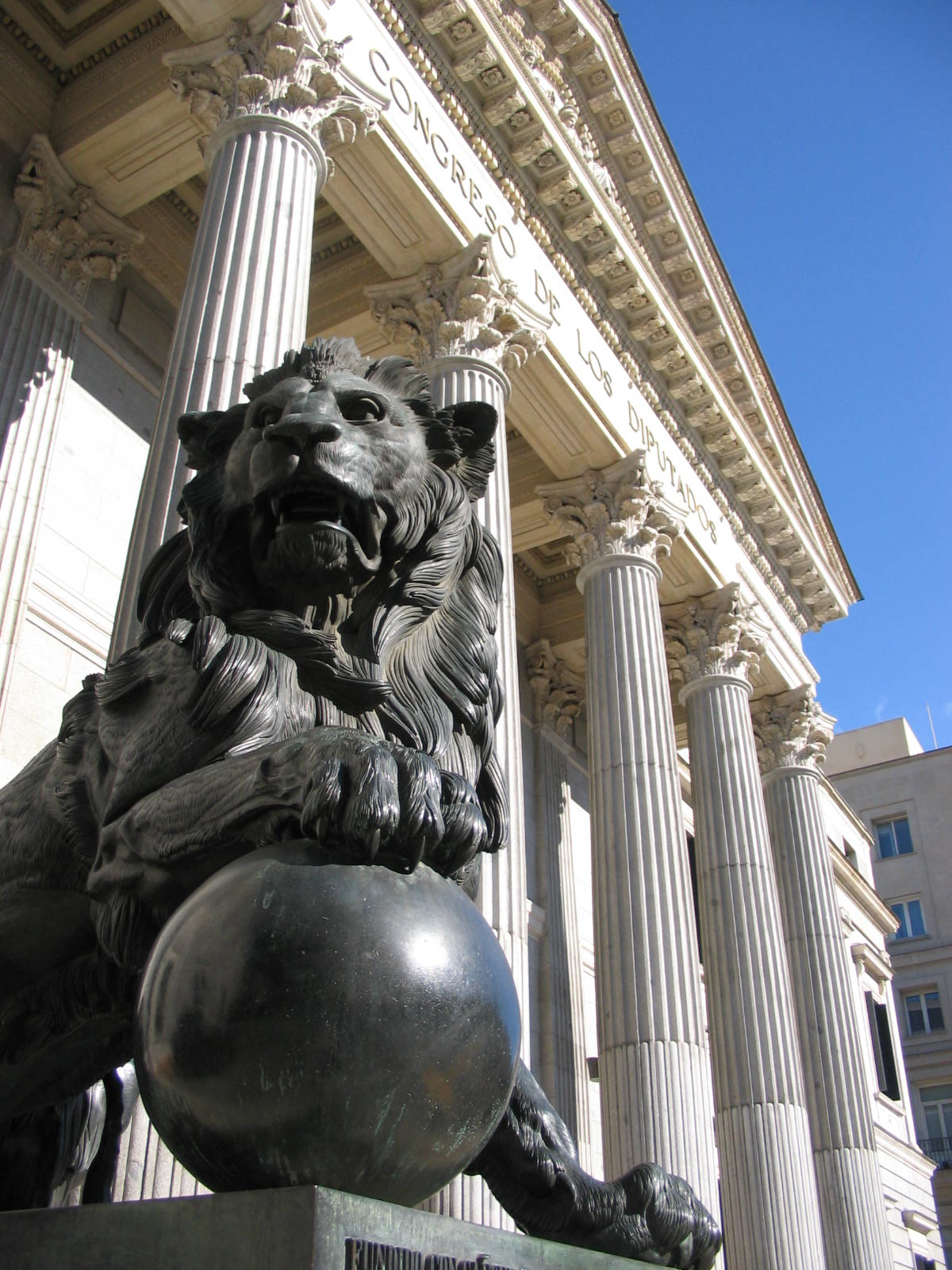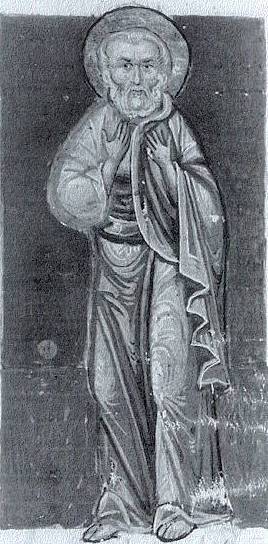So I recently did some reading on Taoism (alias Daoism).
In the Western world, Taoism is usually seen as an even more flower-powery version of (Zen) Buddhism. Think Alan Watts meets Arne Naess at a huge smoke-in of the local hippie community. That, and something about Winnie the Pooh!
And then there´s really existing Taoism...
Nobody seems to know how Taoism originally emerged, somewhere in China before the Common Era, but I suppose it´s possible that Lao-tse or Laozi (if he even existed) was a hippie of sorts. There was also a wide variety of itinerant wonder-workers, medicine men, shamans and the like. And, of course, the "Tao Te Ching", "I Ching" and "Zhuangzi". It´s this "philosophical" (or perhaps anti-philosophical) Taoism which at one point was popular among spiritual seekers in the West, and often compared to ecological awareness, pacifism, or even anarchism. "Religious" and "esoteric" Taoism emerged later, was strong in China, but probably never had more than a handful of adherents in 1970´s California...
The first organized Taoist order was the Way of the Celestial Masters, founded by Zhang Daoling after a divine revelation on Mount Heming in 142 AD, when Laojun (the deified Laozi) appeared to him, explained that God rejects animal and food sacrifices, and that the apocalypse would soon destroy the world, leaving only a remnant of humanity to repopulate the millennium ("the Great Peace"). Tasked with organizing that remnant, Zhang (now a Celestial Master) promptly founded an apocalyptic movement, which under the third master, Zhang Lu, established a theocratic state in Hanzhong around 210 AD.
Does this sound *somewhat* familiar, somehow?
For some reason, Taoism blended very well with millenarianism and apocalypticism, apparently staples of Chinese culture since time immemorial (I admit I had no idea). Sometimes, the god believed to inaugurate the millennium is actually a goddess, the Unborn Venerable Mother. In the Taoist verion, it´s usually a deified form of Laozi. Millenarianism can be both a popular movement of revolt against the imperial authorities, or an ideology of the imperial house itself, bestowing divine legitimacy on it. I wonder where this millenarian streak originally comes from? Zoroastrianism? The sources I consulted don´t discuss this problematique. Too hot?
Otherwise, religious Taoism looks very much like, well, any religion. There are heaven and hells, a kind of purgatory, and a vast pantheon of gods. There are priests, spirit-mediums, diviners, temples, shrines, all the usual stuff. The otherworld often looks like this world: imagine a vast Chinese imperial bureaucracy extending all the way up to the Yellow (or Jade) Emperor! A kind of prophets recieve revealed scriptures while in ecstasy, or find new ones in caves. At the summit of the pantheon stands three high gods, one of whom periodically appears on Earth in the form of Laozi.
The esoteric form of Taoism seems to be very much a part of the religious form. There is both an "external" alchemy with the inevitable quicksilver elixirs, and an "internal" one based on advanced forms of meditation (perhaps similar to some Tantrist practices). The goal of both is "immortality", although there is some discussion about what this actually means, with many scholars arguing that its really longevity rather than literal physical immortality. Of course, if the alchemist succeeds in creating an imperishable body, he can lay off the physical one and hence "die" on our plane of existence, while becoming immortal in another dimension.
Taoism must have been influenced by a number of external sources during its history, the most obvious one being Buddhism (for instance, some schools of Taoism became monastic). I would guess that Hinduism (including Tantrism) is another. It´s also believed that the influence sometimes went in the other direction, with Chan (Zen) Buddhism perhaps being influenced by certain strands of Taoism.
Above and beyond the gods is the Tao, a kind of pantheistic world-soul of which nothing can be said, since it permeats everything and constantly changes. The entire cosmos has emanated from the Tao. And yet, Taoism constantly talks about various aspects of the Tao: the yin and yang, the various cycles and sub-cycles created by the Tao, the qi (life force), the de or te ("virtue")... Humans are supposed to adapt to the rhythms and changes of the Tao - not the other way around - and therein lays happiness. Which way the Tao blows can be suggested by divination techniques. Since the human body is a microcosmos, knowing the cosmic cycles makes it possible to proscribe the right kind of medicine, exercise or energy work. There seems to be a tension between this non-anthropocentric view of the universe, and the millenarian perspective, where the chosen few "seed-people" get to live in a heavenly paradise on Earth, a decidedly anthropocentric view! The Taoist "solution" to this is to argue that the apocalypse itself is really part of a cycle...
Final point. The two last millenarian movements in Chinese history were Christian and secular, respectively. Yes, that would be the 19th century Taiping rebellion and the 20th century Chinese Communist Party! It will be interesting (as in "interesting times" interesting) to see what the next cycle has in store. Who knows, maybe the Celestial Masters will return?
.jpg)







